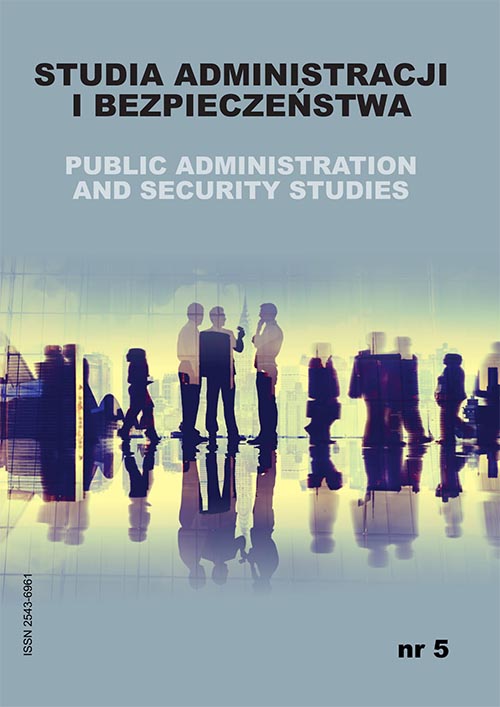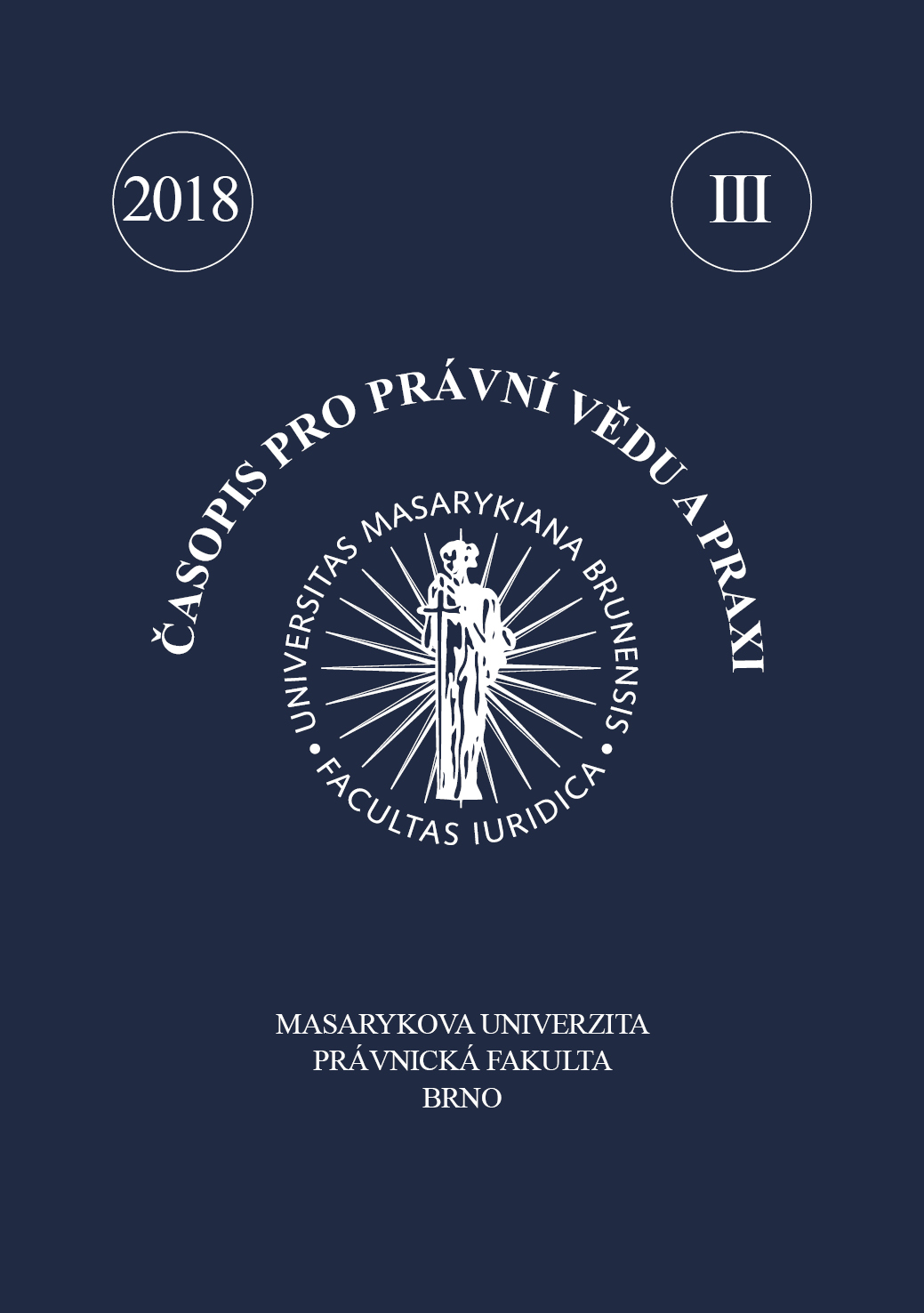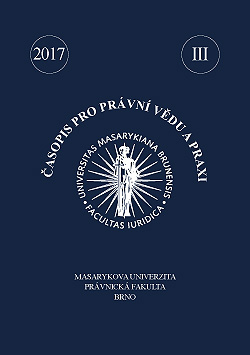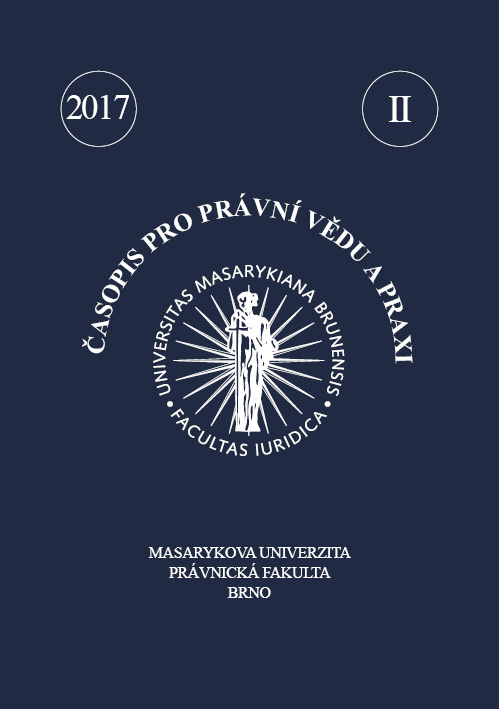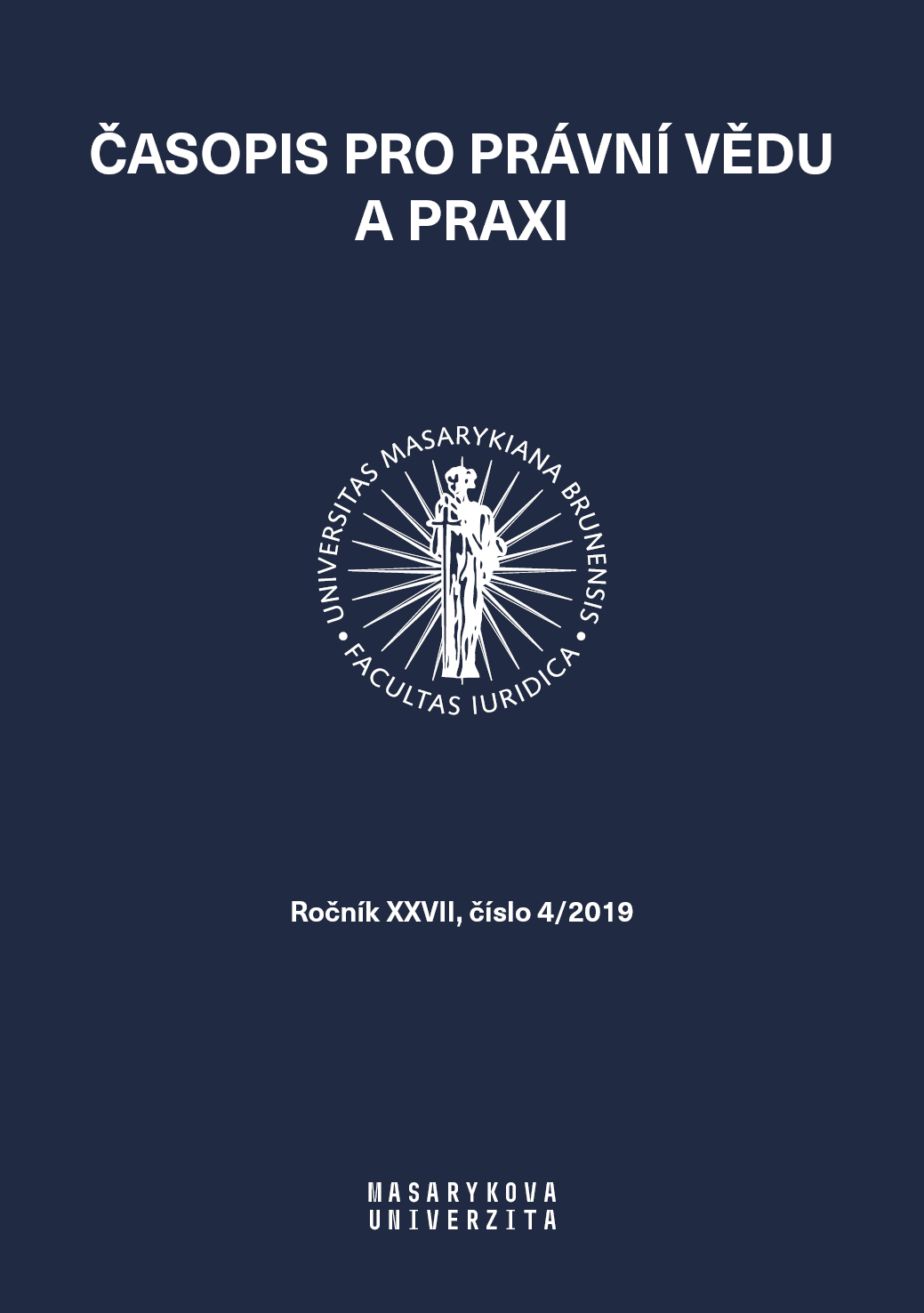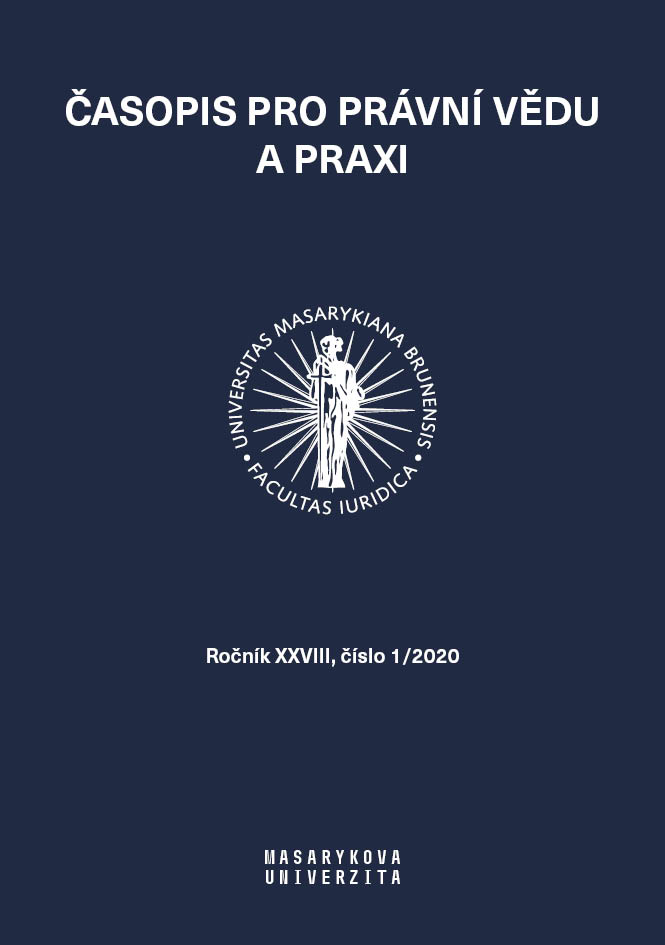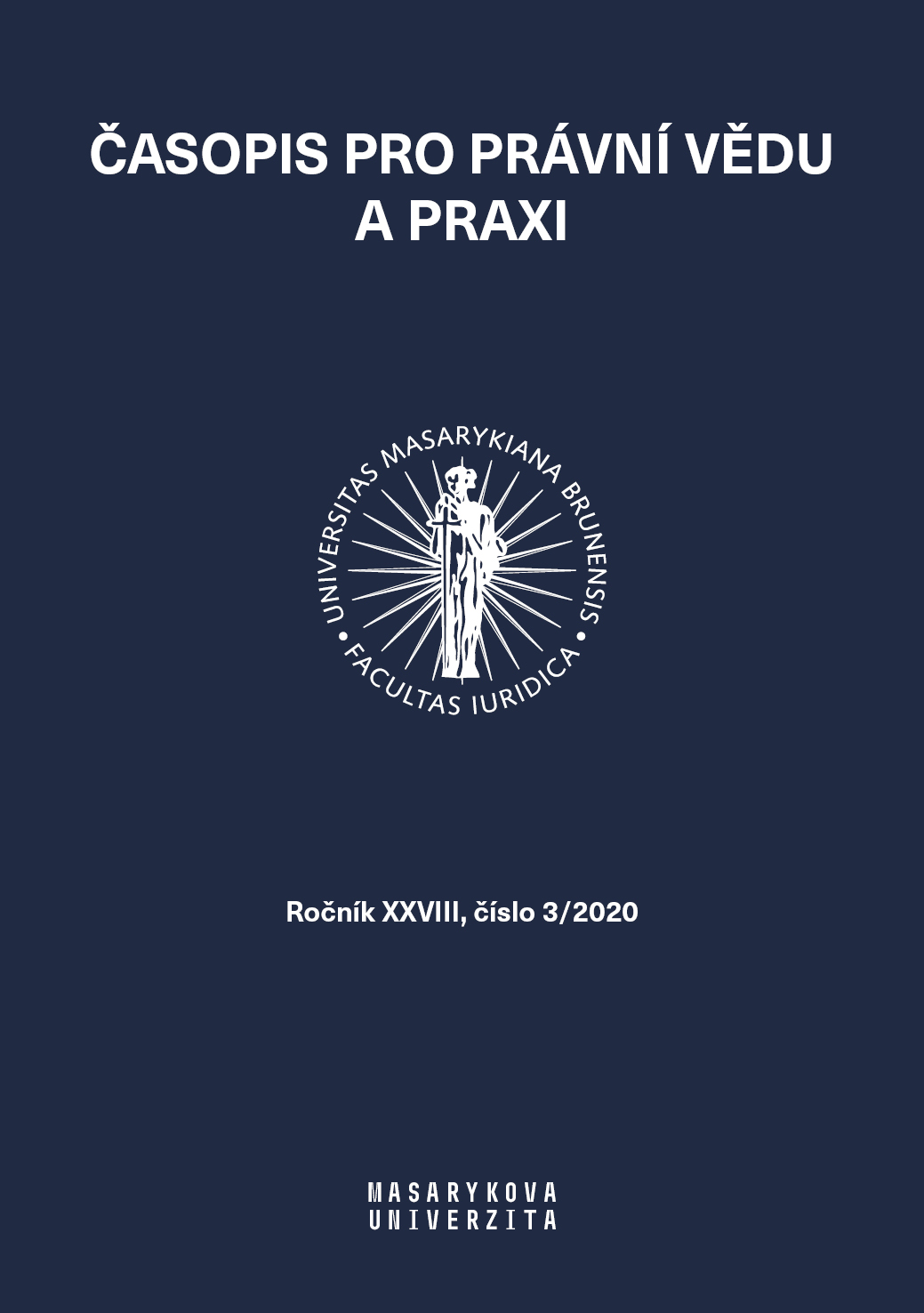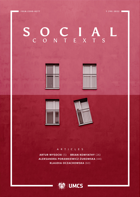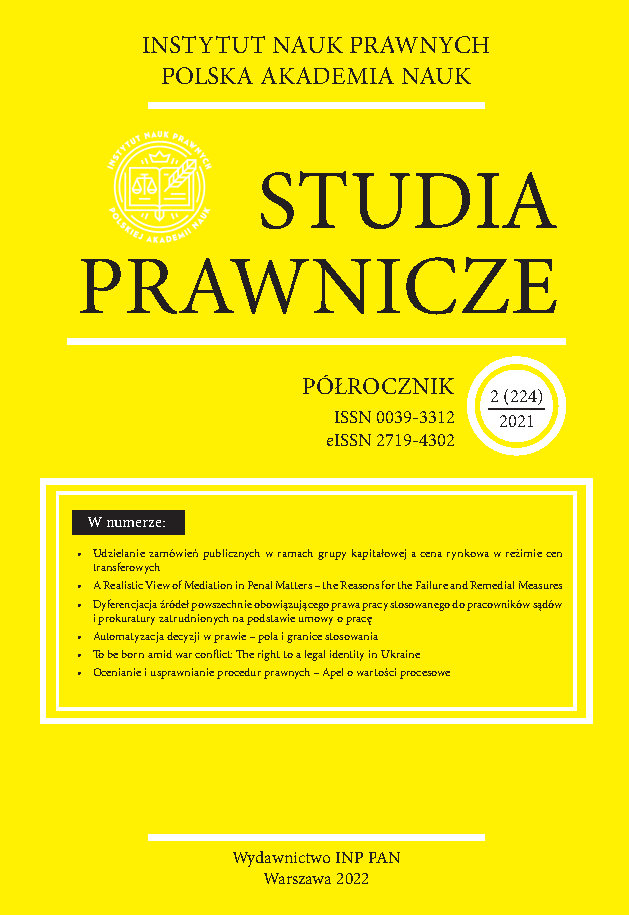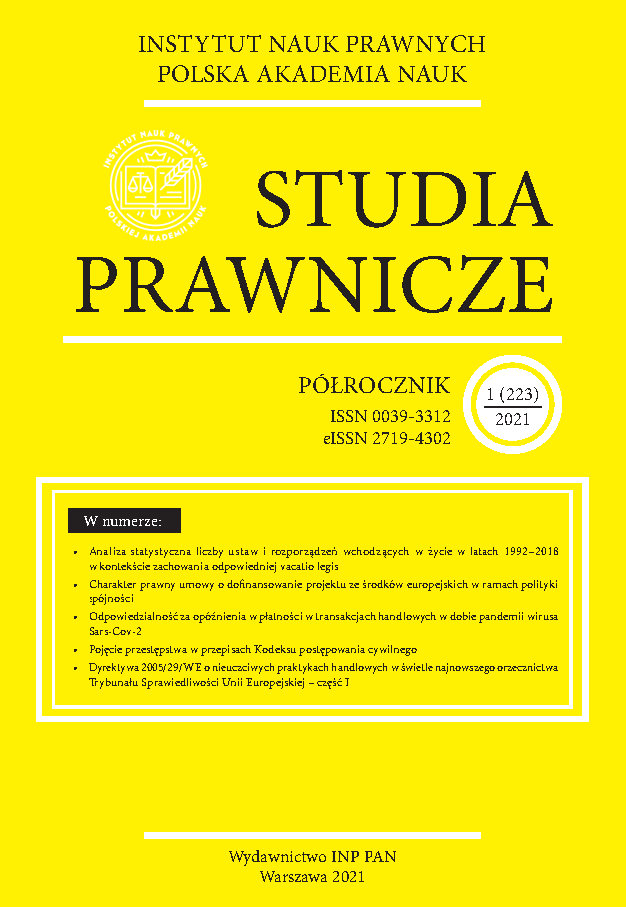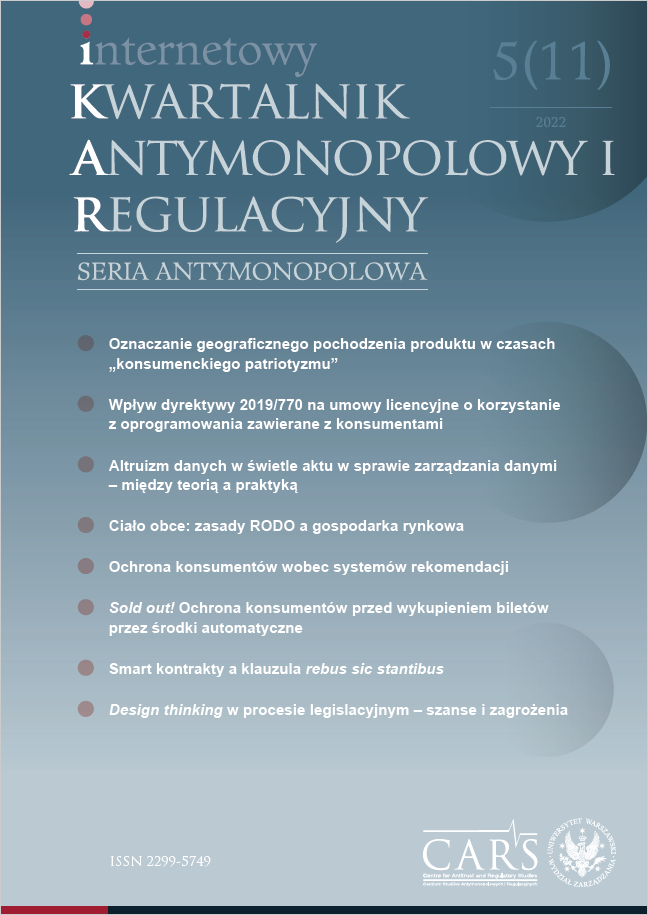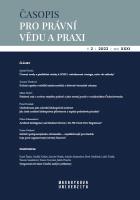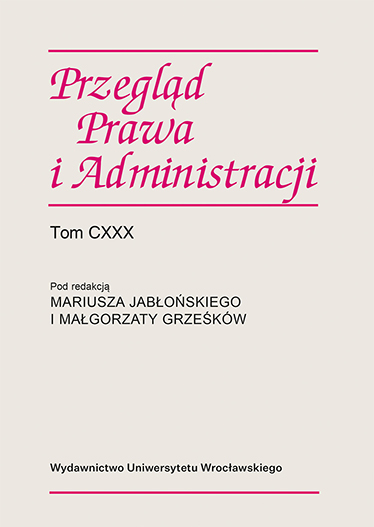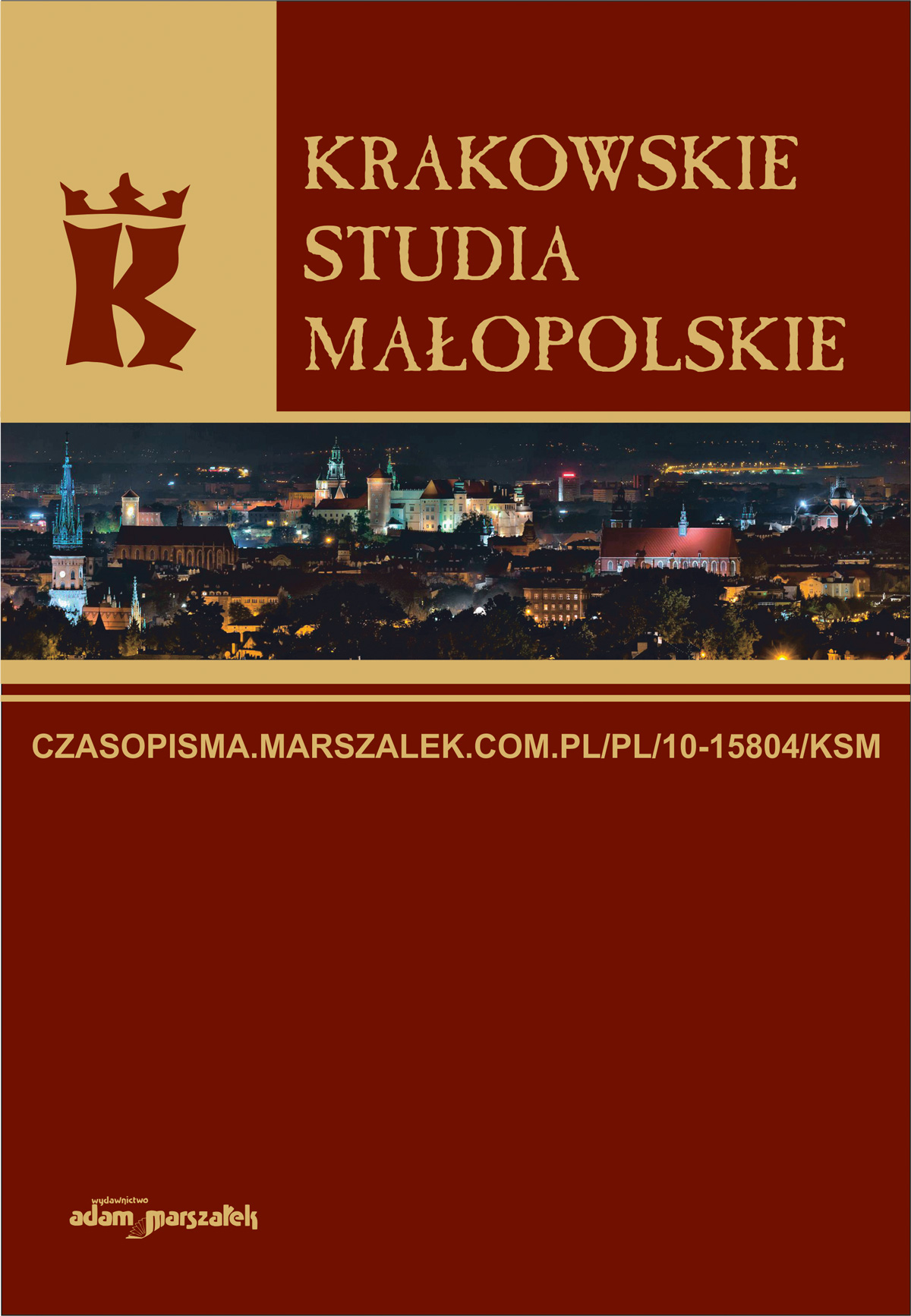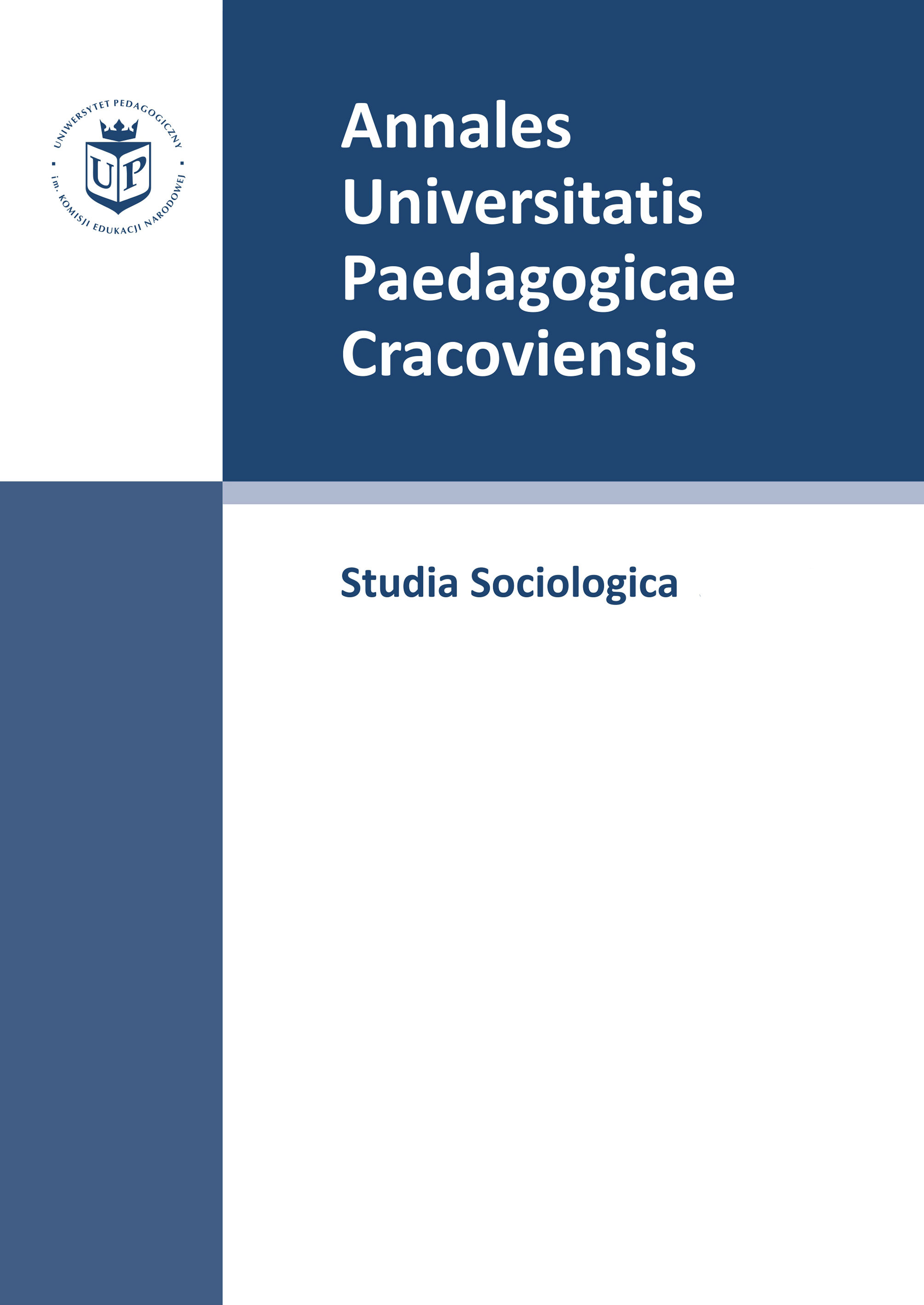
Legal professions
Legal professions play a pivotal role in modern legal systems. Due to their systemic importance, legal professions had to develop strategies to sustain their existence and retain their influence. One of such strategies would be to foster unity of the legal profession(s) amongst themselves and its members. This strategy is embedded in all the stages of entering legal professions, as well as in the later phases of a career development or progression. Having that in mind, this paper aims at shedding some light on the importance of that strategy employed to maintain the subsistence of legal professions.
More...
